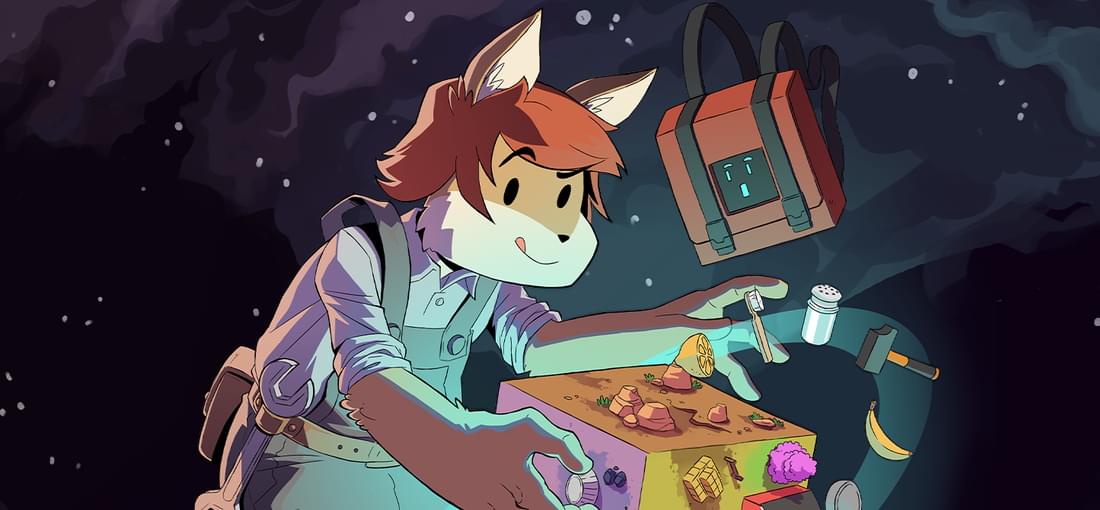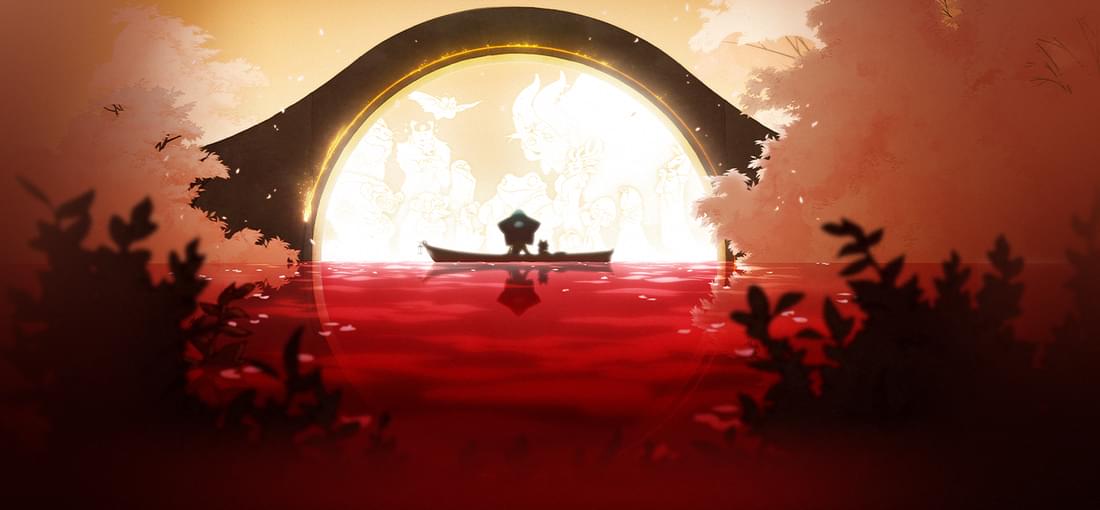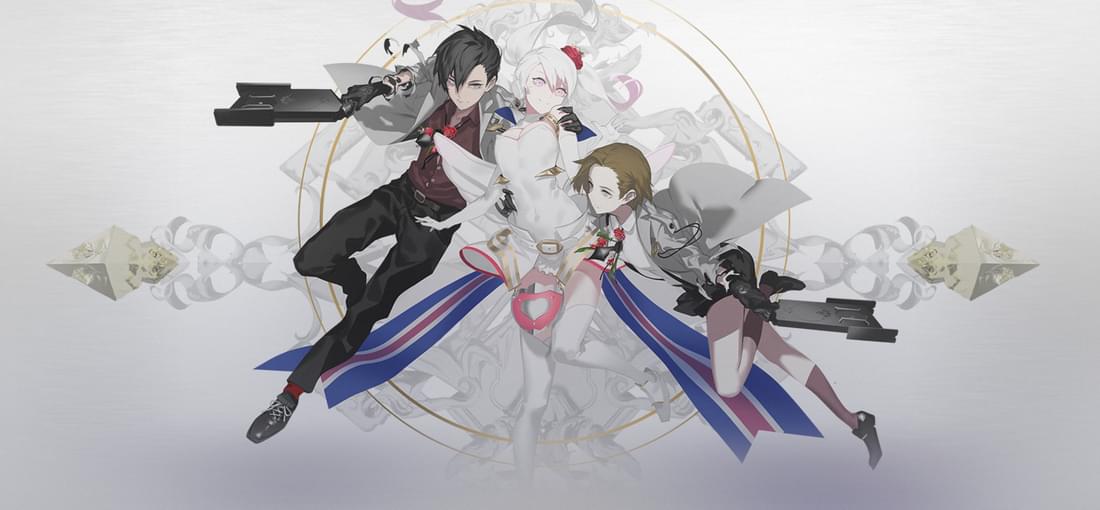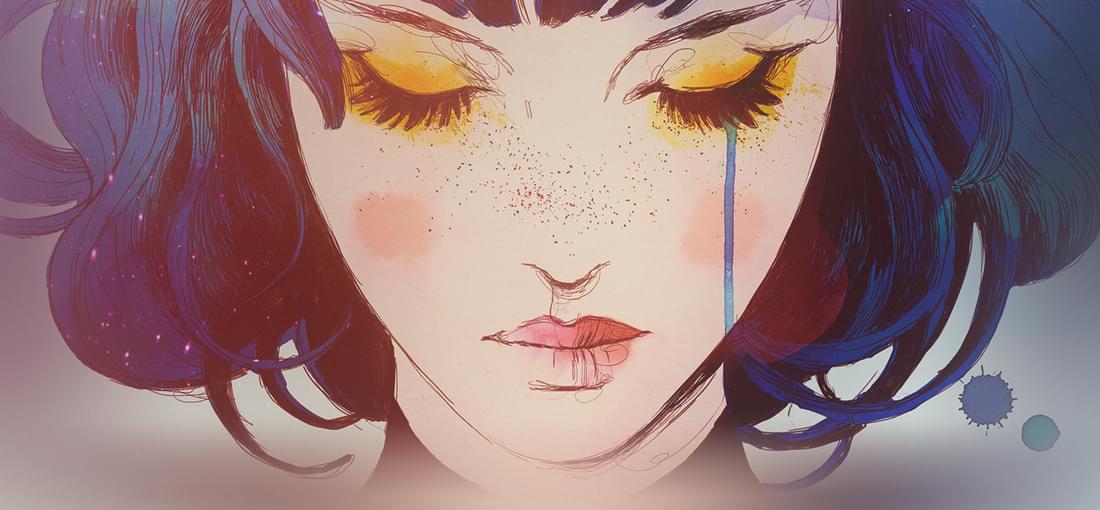


The gameplay is pretty gentle and not time sensitive (no deadlines or timed missions), so there's no need to rush in exploring the world and interacting + helping the inhabitants of the planet you're on. Some early challenges do mean some extra planning / management but nothing too difficult to handle. The story is also generally positive, touching on the values of kindness + generosity + cooperation multiple times. Maybe some features seemed a bit underutilised? E.g. there aren't that many opportunities to eat meals; kind of expected a wider repertoire of food to try and perhaps some recipes to discover, or even make some dishes ourselves to offer to others in order to progress Only ran into one bug that temporarily rendered a mission impossible (a critical item mysteriously disappeared, but reappeared after going away and coming back to the area) A shame the story pretty much doesn't leave room for a sequel... would be neat to see the same game universe expanded to multiple planets, I think

Definitely steer clear if you think you cannot handle the mature themes (obscenity, nudity, sex, anti-religion, violence, etc) Otherwise this is essentially a quality point-and-click extended with the scrubbing mechanic, letting the audience unfurl multiple storylines in a nonlinear and nonchronological manner, learning about the film plots and about Marissa and her seeming agelessness; starkly different from searching up keywords in transcripts as in the previous titles Her Story and Telling Lies Definitely enhanced by the attention to detail and effort in convincing the viewer that the clips come from certain eras, and that we get to see how the actors are like "off-camera" or "behind the scenes" Shame the same unique mechanic of the game becomes more cumbersome the deeper you get: trying to find the remaining undiscovered clips turns into a tedious quest of scrubbing through the other known clips and clicking just about randomly across the screen, spending lots of time jumping into the same clips repeatedly Could've been avoided by perhaps a few extra tools that might unlock later in the game: e.g. something to highlight what has already been clicked in a clip; a button to navigate backwards to the previous clip we came from... just some additions to cut down the tedium without revealing secrets easily Still I think this experiment turned out to produce pretty memorable results, and could inspire future iterations that add greater polish in terms of interface and mechanics

Considering I don't really jive with management games that often, I actually found it pretty meditative going around the boat tending to various tasks. It helps that this game doesn't push any deadlines on you, unlike most other games where there is risk of irreversible failure, so there wasn't any pressure to rush. In fact, rushing through the game runs antithetical to the experience of bonding with the spirits and unravelling their backgrounds. It did feel a bit like a slog closer to the end though, trying to accumulate the correct resources to acquire the necessary upgrades. Having played several metroidvanias though, I've found the platforming elements manageable. Might be fiddly for complete platformer virgins though. The game did a pretty good job of taking the player through a journey of learning to let go and reconcile, in the face of mortality. Beautiful animation + music carry the setting very strongly, especially since there aren't any voiced lines. (Also if you want to get the artbook, play the game FIRST before looking through the book, because it contains spoilers and actually dives into more explicit character background details)

Combat system is interesting: essentially you choreograph your team's moves by sequencing them on something resembling a piano roll, which I guess is kinda the point for a game heavily involving music producers. There is satisfaction from watching your design execute perfectly (which isn't always the case!), but I think by the later half of the game the novelty wears thin, and you'd start to get into a grind fest against same-y mobs as you navigate dungeons towards the next boss. Voice acting and music and aesthetic are great, though it's stunted by lack of fleshed-out 3D animation (they're basically stiff textured models with occasional face swaps for emotion). That whole "500+ NPCs to befriend" feature is overhyped. They basically give a side-quest mechanic that rewards you with extra rewards not obtainable elsewhere, with the extra barrier that you can't approach certain NPCs until you are bonded with at least one of their friends. There's only a limited variety of side-quests they come with, so it's not as deep as it sounds. They also provide a source of skill points from levelling them up. I guess if you're really interested in tidbits of lore you could go about fulfilling all of their quests and learn about little stories surrounding particular classes (e.g. a class wrapped around the drama of a murdered classmate, or a class that started its own cult), but they don't really have relevance to the plot. The plot similarity with the Persona games isn't surprising considering the writer worked on earlier Persona titles. Having played P5, I think Caligula by comparison approached more subjects that were darker/taboo through the main plot + character side-stories, directly addressing issues relating to mental trauma/disorder. Bonding mechanic is lackluster though, only granting a meaningful reward upon full bond. Generally I think there could've been potential in developing certain mechanical aspects deeper, but it's not a bad game.

Can't say they didn't tell you in the description: this game really unfolds more like a watercolour movie than a puzzle platformer. Skip this if you came looking for super engaging game mechanics. Otherwise you should come into Gris with the mental context of meandering through surreal worlds and following the progression of the protagonist, while appreciating the tight pairing of visuals and music/sound. Those who've played Journey, Gris is similarly minimal in guidance and mechanics, and has even more abstract narrative (no lore, really). Doesn't really have replayability (unless you're obsessed with scoring all the optional collectibles), and feels like a product you get to thoroughly enjoy once, then discuss with others who've played it too.